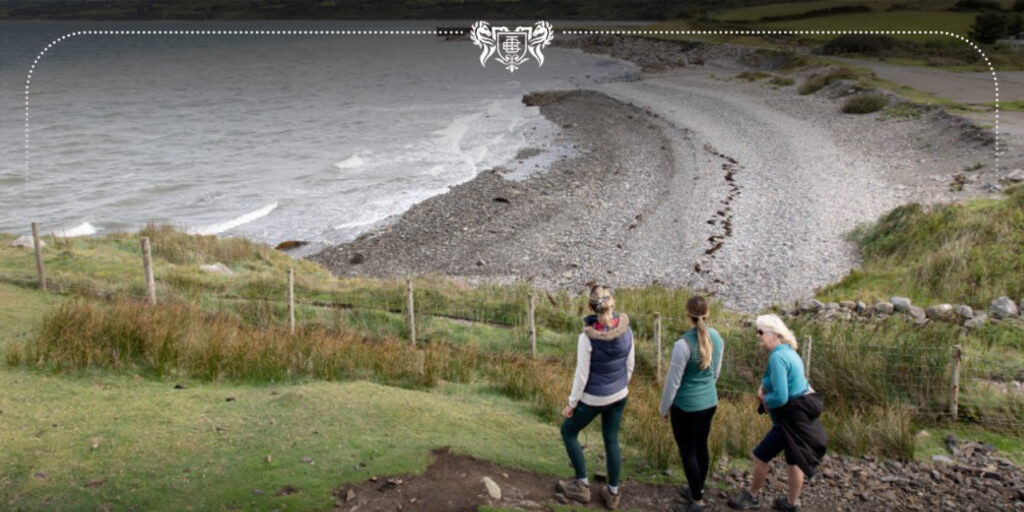The University of Exeter has launched a £10 million Centre for Net Positive Health and Climate Solutions to address the health impacts of climate change and reduce environmental health inequalities across the UK.
Funded by UK Research and Innovation (UKRI), this centre brings together leading organisations, including the UK Health Security Agency (UKHSA), National Trust, Forest Research, and the Met Office, to create solutions for climate-driven health risks.
Located in Cornwall, with teams operating nationwide, the Centre aims to tackle climate-related health challenges such as heatstroke, air pollution, and infectious diseases.
The research will focus on designing climate interventions that avoid worsening inequalities for communities most affected by environmental changes.
Professor Tim Taylor, who leads the Centre at the University of Exeter, highlighted that the Centre will explore urban design improvements, enhanced green spaces, and adaptive food systems to reduce greenhouse gas emissions while improving health resilience.
This centre aims to set a precedent in developing strategies for reducing climate-related health impacts.
The Centre’s work builds on Exeter’s well-established European Centre for Environment and Human Health, bringing together expertise across disciplines like epidemiology, computer science, and environmental studies.
“We are delighted that UKRI have chosen the University of Exeter to lead this vitally important Centre. It’s testament to the globally recognised expertise of our teams,” Professor Lisa Roberts, Vice Chancellor at the University of Exeter, said.
The Centre will unite researchers from our well-established European Centre for Environment and Human Health with those across disciplines such as humanities, computer science, epidemiology and more. Importantly it will build on our partnerships with UKHSA, Forest Research, the National Trust and Met Office to ensure real world impact and solutions that make a difference to people’s lives.”
The UKHSA’s Chief Scientific Advisor, Professor Isabel Oliver, emphasised the urgency of this research, noting that climate change is already impacting public health both in the UK and globally. She stressed that current policies must be informed by robust evidence to protect future generations from escalating climate risks.
The National Trust and Forest Research will play key roles, contributing insights from their work on climate resilience and human-nature connections. Professor Rosie Hails, Director of Science and Nature at the National Trust, explained that the Centre’s research would support efforts to mitigate climate impacts on natural landscapes and wildlife. Forest Research’s Liz O’Brien added that their findings will inform policy through the GB-wide Natural Environment Social Research Network.
The Centre’s groundbreaking research will provide vital data to inform policy and community actions, demonstrating that climate change is not just an environmental crisis but a pressing public health concern.


